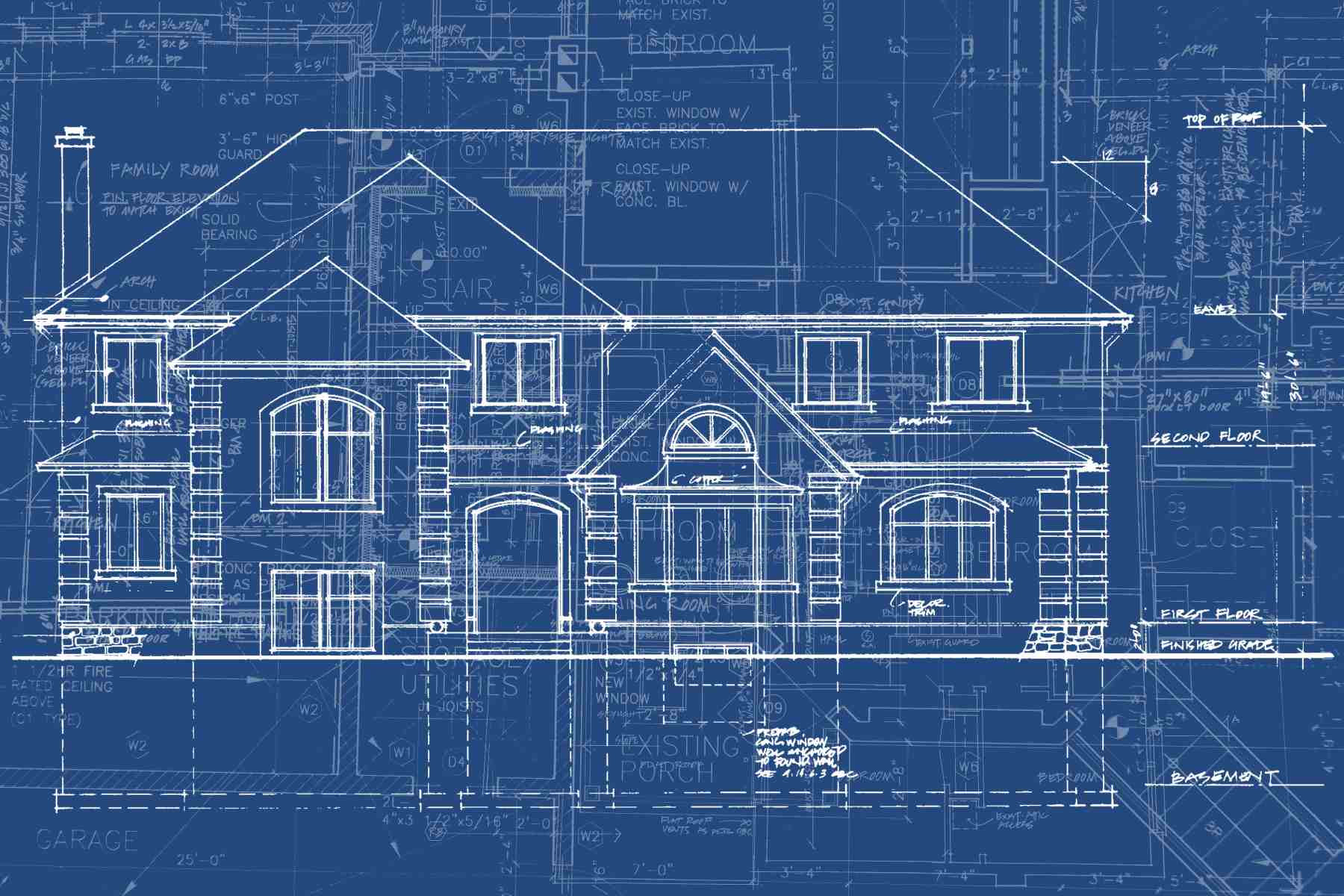That’s wild, the article just handwaves away the what, 35 billion the Liberals have pledged at new homes in a radically new way because previously a few billion, in one particular mechanism, raised home starts by 2 percent within a year or so?
That’s uhhhh, interesting.
raised home starts by 2 percent within a year or so
We’ve only got something like 240k starts per year. 2% growth won’t get us there - that’s like 5k extra houses/year?
CMHC says we need 3.5 million homes by 2030 to restore affordability, so we need something like 700k starts per year. That’s an extra 460k?
IIRC, the LPC plan is 35 billion over ten years, with 500k starts/year reached in 2035. It isn’t clear how that will restore affordability.
Oh, I mean the 2% so far. Which was because of a program that is not yet 2 years old, which in itself is based on cajoling municipalities to change their rules. And then those changes in the rules are meant to spur developers. It’s a bit of a Rube Goldberg process but given the timelines/scales on which construction projects operate, makes sense. But expecting to see drastic results by now is a fairly nonsensical position and doesn’t really give the impression that the author is particularly serious or has given the issue any actual thought.
I’m not sure on the timelines but it seems a much more comprehensive plan with an appropriate amount of funding to get us in a good place not for now but for long term so that housing grows and we can eventually up immigration to offset our aging population.
And then those changes in the rules are meant to spur developers
That’s the root of the problem. Both the LPC and CPC plans rely on “reducing red tape” so private developers will charge homebuyers less for their product.
There’s nothing in either plan to ensure home prices will fall - just the hope that the invisible hand will whisk our problems away.
I’m not saying that’s impossible, but it would require a concerted effort to build a huge number of units in a short period of time. No Canadian party has released a plan to do so.
I’m not sure on the timelines but it seems a much more comprehensive plan with an appropriate amount of funding to get us in a good place not for now but for long term
Thanks to the cost of living crisis, we’re losing a generation of young people to conservatism. Throwing a bunch of money at developers in the hope that they charge less for their product in ten years time is a recipe for stagnation and alienation.
And then those changes in the rules are meant to spur developers
This was about the Canadian Housing accelerator fund. Though, also, yes, increased supply tends to lead to a reduction in prices.
I’m not saying that’s impossible, but it would require a concerted effort to build a huge number of units in a short period of time. No Canadian party has released a plan to do so.
I’d take another look at the Liberal’s housing platform in detail.
https://liberal.ca/cstrong/build/#housing
Act as a developer to build affordable housing at scale, including on public lands. BCH will develop and manage projects and partner with builders for the construction phase of projects. Build faster, smarter, sustainable, more affordable homes by providing over $25 billion in financing to innovative prefabricated home builders in Canada, including those using Canadian technologies and resources like mass timber and softwood lumber. BCH will also issue bulk orders of units from manufacturers to create sustained demand. This will revitalize how we build homes in Canada, bringing forestry, innovation, engineering, manufacturing, and construction together. Support affordable homebuilders by injecting $10 billion in low-cost financing and capital for homes that support middle and low-income Canadians. This will include housing for students, seniors, Veterans, people with disabilities, and Indigenous housing, shelters, and more.
All of these are things that are government actually getting into the business rather than just handing money to developers while at the same time not miscasting the government as an actual construction company.
I struggle to think of a more ambitious but realistic plan released by any comparable party among any of our developed nation peers.
A more realistic plan would involve the definancialization of Canadian housing. As long as homes are a lucrative investment vehicle for middle class Canadians, we’re going to keep laddering up the price.
I’d take another look at the Liberal’s housing platform in detail.
The plan has the issues I listed above: no near term construction targets, no affordability guarantees for new units, and no price goal for the total housing stock. It promises money for builders, but includes no mechanism to ensure prices fall.
I struggle to think of a more ambitious but realistic plan released by any comparable party among any of our developed nation peers.
I hear good stuff about Singapore’s model. Denmark and Vienna apparently do social housing well.
The Canadian Housing crisis has two sources.
1. Extreme population growth
In 2024, the Canadian population increased by 3%.
This population growth rate means the population of Canada is growing 2 to 3 times faster than the United States, Britain, France, Spain, Colombia, Turkey, Vietnam, Thailand, Saudi Arabia, Mexico or Brazil. In fact, Canada is now growing faster than many countries in Africa.
2. Terrible city zoning rules.
Several Canadian cities have rules banning multi-storey housing from being built. Multi-storey housing is significantly more affordable than individual homes. But cities ban it. They simply don’t want it. When they do accept multi-storey housing, most Canadian cities often require developers to build parking spots. “You want to build a condo tower without parking spots ? Sorry, we can not accept that”. By forcing developers to build parking spots for each condo unit, they artificially drive up the cost of each unit. They basically force condo buyers to subsidize car ownership. It’s insane.
The Federal Government needs to reduce the immigration rate. Look, Justin Trudeau did a lot of good things, but his immigration policy was one of his biggest failures. The current immigration rate is simply unsustainable. Canada needs to aim for 1.5% population growth instead of 3%.
But cities shouldn’t be left of the hook. They are responsible for half the problem.
I mean, just look at the zoning fight happening at the Ottawa City Council :
I’m ambivalent about population growth. It undoubtedly contributed to the housing crisis, but there’s a lot of other stuff going on: speculation by Canadians, a bit of foreign money, a bit of money laundering, and poorly designed tax law. I’ve been watching housing prices slowly taking off since the early 2010s. That’s long before Trudeau was elected, and before the massive bump in population.
Ouch:
Globally, there are some examples of governments successfully developing homes at scale for citizens. But Ottawa struggled to deliver on core services, such as issuing passports and tax collection, even as the size of the civil service grew by 42 percent and total spending on outsourcing reached a record high of $17.8 billion last year under Trudeau’s leadership. Similarly, the Liberals’ claim that these measures would kickstart 500,000 homes a year is disconnected from recent precedent. In 2024, just over 245,000 homes were started, a 2 percent increase from 2023.
The reviewer mentions the Liberals plan to juice rental construction.
The reviewer has little positive to say about any of the plans. They say the removal of GST on all houses (part of the CPC plan) is more effective than the LPC proposal to drop it on new builds. Fair enough.
The plans aren’t enough. The reviewer mentions the demand side but fails to state that none of the parties are trying to lower it, which is disappointing. Nor do they discuss the financialization of housing.
Housing will never be truly fixed by either party because that would mean less profits for the wealthy corporate elites.
deleted by creator
Well, I’m not sure who has the worst plan for housing between PP which wants to cut sales taxes [1] and Blanchet which doesn’t seem to understand you don’t get more supply by simply letting people pay more [2].
Sorry, but I mostly remember those infuriating quotes from the french debate. They appeared a bit more careful the next day.
- [1] https://www.debates-debats.ca/fr/debats2025/transcription-fra.pdf 18:31:49:25
- [2] https://www.debates-debats.ca/fr/debats2025/transcription-fra.pdf 18:39:16:01



